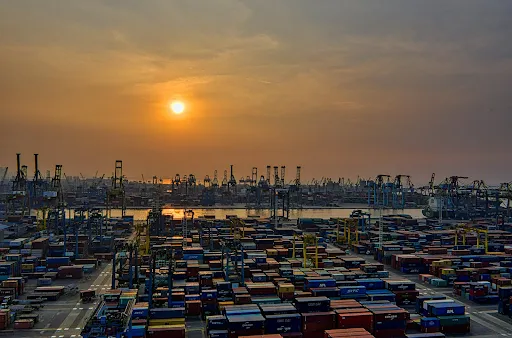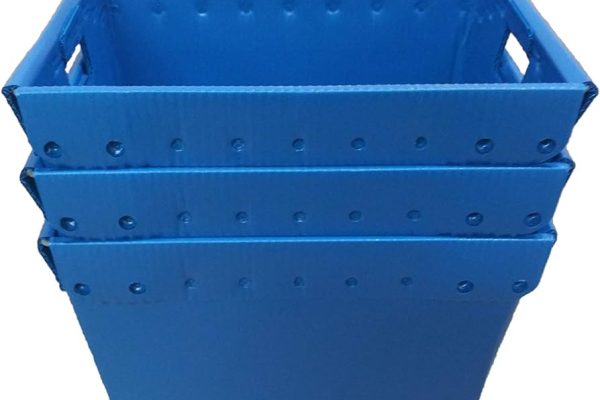In the era of globalization, international customs and regulations stand as the cornerstone of global trade and travel. Customs pertain to the established procedures and checks that goods undergo when entering or leaving a country, ensuring adherence to local laws, standards, and taxation. These regulations are the framework that determines how products, services, and even people traverse borders. For businesses, misinterpreting customs can mean hefty fines or stalled shipments; for travelers, it can lead to prolonged detainments or confiscated belongings. In both scenarios, a lack of comprehension not only poses immediate challenges but can also damage long-term relationships between countries and entities.
This guide illuminates the complex world of international customs and regulations, offering key insights for businesses and individuals alike. As our global community becomes ever more interconnected, a nuanced understanding of these regulations is necessary for seamless trade and travel. Through this article, readers will gain a holistic view of customs procedures, duties, and the latest trends shaping international clearances.
Table of Contents
Basics of International Customs
International customs revolve around the concepts of duties and tariffs, which are essentially taxes imposed on goods when they cross international borders. Customs duties are charged as a percentage of the value of the imported product, its weight, or its volume, depending on the specific regulations of the receiving country. While these duties serve as a significant source of revenue for governments, their function extends beyond just financial gains. Customs play a decisive role in safeguarding domestic industries from overwhelming foreign competition by leveling the playing field. By doing so, they regulate trade, ensuring a balance between imports and exports. Customs also serve as a checkpoint to guarantee that products entering a nation adhere to its safety standards and quality benchmarks, thereby protecting consumers and maintaining the country’s overall health and safety standards.
Understanding Customs Valuation
Customs valuation is critical, especially when you send a parcel to Australia or any other country, as it involves assessing the monetary worth of imported goods to determine the appropriate duty payable. The methods of valuation can range from the transaction value (price actually paid for the goods) to more complex techniques, such as determining the market value of similar or identical goods in the importing country. In certain scenarios, the cost of production, sale, or other pertinent criteria may serve as the valuation basis. It’s essential to get the valuation right; otherwise, it can result in significant revenue losses for governments or unexpected costs for importers. Precise valuation ensures fairness in trade practices, curbing market distortions and promoting a level playing field for all stakeholders.
Customs Duties and Tariffs
Customs duties and tariffs are determined by various factors such as trade agreements, economic policies, and the nature of the imported goods, these charges can be ad valorem (based on the value of the goods) or specific (based on quantity or weight). For instance, some nations might impose higher tariffs on luxury goods to discourage their import, while others may reduce or eliminate duties on essential items to make them more accessible. The imposition of these duties directly influences product pricing; higher tariffs can make imported products more expensive, potentially reducing demand, whereas lower tariffs can make them more competitive.
Customs Brokers and Their Roles
A customs broker is a trained professional, licensed by governmental entities, tasked with facilitating the import and export of goods by ensuring they adhere to all regulations and laws. Given the complicated and detail-oriented nature of customs duties, documentation, and varying international regulations, businesses often employ brokers to simplify the process. These brokers take on the responsibility of preparing necessary documents, calculating and making duty payments, and representing the importing party during customs examinations or any dispute resolutions. By streamlining the process of clearing goods through customs, they not only save businesses time and potential financial losses but also ensure smooth, efficient trade operations.
Modern Trends in Customs Clearances
The rise of e-customs and digital advancements enables businesses to submit documents, pay duties, and receive clearance approvals online, thereby expediting and streamlining the traditionally cumbersome processes. Free trade agreements have left an indelible mark, reducing or eliminating customs duties among member nations and fostering more open trade environments. Heightened emphasis on security, propelled by concerns over illicit trade and potential threats, has led to more rigorous checks and advanced scanning technologies.
Importance of Compliance
Compliance with international customs regulations ensures the legitimacy and smooth functioning of global trade. Non-compliance can usher in severe legal implications, with offenders potentially facing hefty fines, confiscation of goods, or even legal action. Non-compliant businesses may find their shipments delayed or, in extreme cases, barred entirely from certain ports. Perhaps even more damaging in the long run is the reputational risk. In today’s interconnected and information-rich era, news of customs violations can quickly tarnish a company’s image, eroding trust with partners, stakeholders, and customers.
Tips for Businesses and Individuals
Conducting thorough research on the regulations of the destination country can preclude many potential hiccups. Understanding nuances, from prohibited items to specific documentation requirements, can streamline the customs process significantly. Proper documentation, meticulously prepared and organized, is the bedrock of smooth customs clearance; any oversight or omission can lead to delays, fines, or confiscations. Given the ever-evolving nature of customs regulations, businesses should consider investing in regular training sessions for their staff or hiring expert customs brokers for guidance. By empowering themselves with knowledge and expertise, businesses and individuals can ensure that their international ventures are both compliant and efficient.
Understanding international customs and regulations remains important for businesses and individuals alike. From the historical roots to modern trends, the recurrent theme is the importance of knowledge, preparation, and compliance. By equipping oneself with these insights and adhering to best practices, one can not only manage the complexities of customs with ease, but also harness the vast opportunities that global interactions offer.





